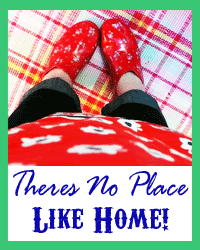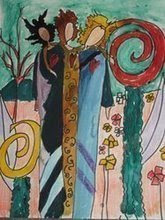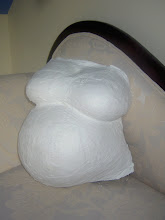Earlier this week we went on a trip to a local specialist recycling facility. It was very informative, so much so that I will make allowances for the fact that we spent about fifteen minutes in the composting area which was very much like being trapped in a full and ever so noisy wheely bin! I couldn't get the smell out of my nose for the rest of the day!
I could tell you all about it but instead I've copied and pasted Hermione's write up below. I have beds to change and general mayhem of the day to clear up.
We have a black bin, a recycling box and a recycling bag.
Our recycling box and bag go to a special recycling centre.
Our black bin waste is collected by the bin lorry. The bin lorry has powerful crushing equipment inside so that they can fit lots of rubbish in.
The bin lorry takes the crushed waste to a local transfer centre.
The bin lorry cannot travel long distances because it costs so much money to use. It uses a gallon of fuel every three miles!
From the transfer centre most of the crushed black bin waste is taken by lorry to landfill.
There are problems with landfill. They can release chemicals into our earth. They smell bad and attract rats and flies.
Some black bin waste is incinerated. This means it is burnt. This is not good for our planet either. It gives off lots of smoke.
Some black bin waste is taken to a special place like Parc. Here waste which is usually non recyclable can be turned into compost.
In County Durham less than 20% of our black bin waste goes to Parc to be turned into compost. Most goes to landfill or is incinerated.
At Parc the waste is sorted to get rid of what cannot be composted and then fed into the top of two large towers.
The towers are like huge composting bins. Within about six days the black bin rubbish comes out of the bottom of the tower as compost.
Most of this compost cannot be sold to the public. It is used to reshape landfill sites and heavy industrial sites.
The Parc centre is much better for the environment than landfill or incineration. It is not used as much as we would like though because it is expensive and also because there are only two composting towers.
The government try to make businesses think very carefully about their rubbish by charging them some money for every tonne of waste they make. This is called a waste tax. One way in which the government can encourage more rubbish going to places like Parc and less going to landfill and incineration is by making tax for places like Parc much cheaper.
Summer Speed
2 years ago








No comments:
Post a Comment